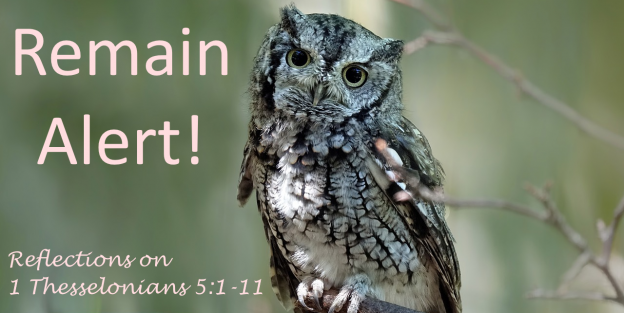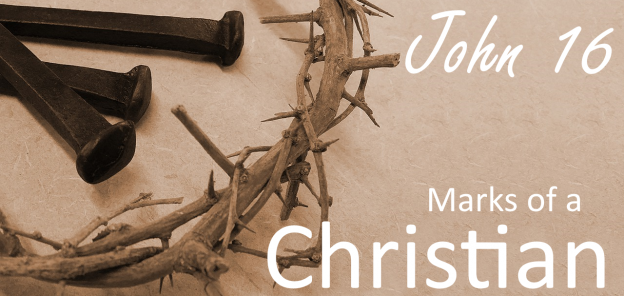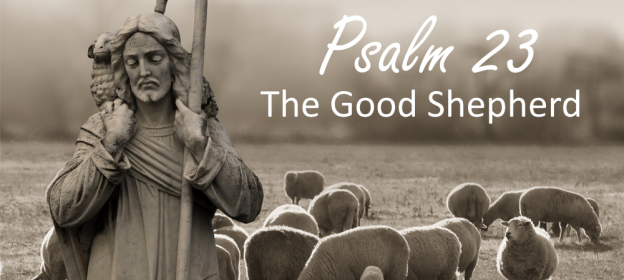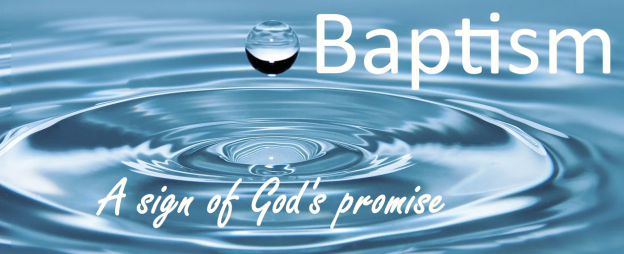Do you find yourself drifting away from God? Have you realised that you are drifting? It’s easy for mature Christians to become drowsy: distracted and focussing on other things – we don’t realise the danger until it’s too late!
In this series we’ll look at the danger the Bible is trying to warn us of, and seek practical tips to remain alert. In our comfortable surroundings, Christian snooziness is an ever-present danger. Drifting away from God is not to be taken lightly – our very salvation is at stake!
Our passages today: Jeremiah 6:9-15 and 1 Thessalonians 5:1-11.
Preacher: Ian Bayne, Sunday 27th December 2020
Introduction
2020 has been a year we will remember. I had to preach to a teddy bear during the lockdown! It’s nice to be back in front of the congregation.
We must be thankful: New Zealand is doing pretty well. There’s not as much unemployment and the economy is doing ok. For the most part we’re blessed and have roofs over our head.
But when we come through testing times, the temptation is to relax.
Jeremiah is a prophet of doom, with not much encouragement in his book. Yet, in contrast, the false prophets at the time we’re prophecying that everything would be ok. Even though things at the time were going well – disaster did come. The people were lulled into a false sense of security by their surroundings and the false prophets.
We should take warning from this – these are not days we should relax, despite the common sentiment on social media: 2021 may be a lot harder than 2020.
So then let us not sleep, as others do, but let us keep awake and be sober.
1 Thessalonians 5:6 ESV
When things have gone well, when we’ve had a win in life, we can fall into complacency: feasting, partying and not being awake to the dangers and opportunities.
While it’s been a strange year, there are certain conditions causing Christians to be rather drowsy, especially in New Zealand.
Temptation to drowsiness
We become drowsy and drift away from God because we:
1. Doubt the promise of Christ’s return
Jesus has come once, but the promise is that he’ll come again as the judge of the living and the dead. As believers, we’re able to look forward to that: Jesus will return.
For the Son of Man is going to come with his angels in the glory of his Father, and then he will repay each person according to what he has done.
Matthew 16:27 ESV
and said, “Men of Galilee, why do you stand looking into heaven? This Jesus, who was taken up from you into heaven, will come in the same way as you saw him go into heaven.”
Acts 1:11 ESV
But each in his own order: Christ the firstfruits, then at his coming those who belong to Christ.
1 Corinthians 15:23 ESV
But the day of the Lord will come like a thief, and then the heavens will pass away with a roar, and the heavenly bodies will be burned up and dissolved, and the earth and the works that are done on it will be exposed.
2 Peter 3:10 ESV
If we live with this in the centre of our mind then it will have an effect on whether we will will be sleepy or awake.
God has always kept his promises therefore we can be certain Jesus will return.
2. Deny the certainty of death
Death is inevitable: everyone will die. Even if we don’t talk about it much in society.
A pastor’s job description could be said to be to prepare a bunch of people to die well.
And he told them a parable, saying, “The land of a rich man produced plentifully, [17] and he thought to himself, ‘What shall I do, for I have nowhere to store my crops?’ [18] And he said, ‘I will do this: I will tear down my barns and build larger ones, and there I will store all my grain and my goods. [19] And I will say to my soul, “Soul, you have ample goods laid up for many years; relax, eat, drink, be merry.”‘ [20] But God said to him, ‘Fool! This night your soul is required of you, and the things you have prepared, whose will they be?’ [21] So is the one who lays up treasure for himself and is not rich toward God.”
Luke 12:16-21 ESV
What’s the point of storing up treasure on earth and worrying?
For what happens to the children of man and what happens to the beasts is the same; as one dies, so dies the other. They all have the same breath, and man has no advantage over the beasts, for all is vanity.
Ecclesiastes 3:19 ESV
3. Comfortable and secure environments
On the surface things were going well in Jeremiah’s time. Yet there was no real peace because Israel had rebelled against God.
Is Jesus coming? Where is He? It’s an event that can seem so far off in our comfortable and secure world where it seems as though nothing will change. (Though perhaps covid has taught us that this cannot be correct)
But do not overlook this one fact, beloved, that with the Lord one day is as a thousand years, and a thousand years as one day. [9] The Lord is not slow to fulfill his promise as some count slowness, but is patient toward you, not wishing that any should perish, but that all should reach repentance.
2 Peter 3:8-9 ESV
Things will not continue as they were. There’s more change coming, and we are warned:
Wake up, and strengthen what remains and is about to die, for I have not found your works complete in the sight of my God.
Revelation 3:2 ESV
The church in first century Sardis is told to wake up! This warning applies to us too.
Laodecia was a wealthy church that thought it had no needs.
“‘I know your works: you are neither cold nor hot. Would that you were either cold or hot!…So, because you are lukewarm, and neither hot nor cold, I will spit you out of my mouth.
Revelation 3:15 ESV
The Laodecians get one of the strongest rebukes from Jesus in this chapter. Do we count our lukewarm attitude to God as serious sin?
4. Times of feasting and frivolity
There is a time to eat dinner: good food and a little wine. Especially, Christmas and New year are good times. They can also make us drowsy though.
It is better to go to the house of mourning than to go to the house of feasting, for this is the end of all mankind, and the living will lay it to heart.
Ecclesiastes 7:2 ESV
Charles Spurgeon said that little good can often come from a feast.
As examples: feasting is used in the days of Noah and Moses to show an indifference towards God.
For as in those days before the flood they were eating and drinking, marrying and giving in marriage, until the day when Noah entered the ark,
Matthew 24:38 ESV
When Moses came back to Egypt the Israelites were feasting.
Job’s children were feasting when trouble came upon them:
While he was yet speaking, there came another and said, “Your sons and daughters were eating and drinking wine in their oldest brother’s house, [19] and behold, a great wind came across the wilderness and struck the four corners of the house, and it fell upon the young people, and they are dead, and I alone have escaped to tell you.”
Job 1:18-19 ESV
Wine causes dissipation: to be over indulgent in sensual matters. We are not saying don’t drink, but don’t get drunk.
Application
If you see any of the above in your life, and feel like you’re drifting away from God: open the curtains and let the light in!
In days gone by we’ve had rental accommodation. You’re not supposed to have mould or damp in the house, but (especially in Wellington) it’s very hard to keep the mould and damp out. We need to open the curtains and let the light shine in.
But since we belong to the day, let us be sober, having put on the breastplate of faith and love, and for a helmet the hope of salvation.
1 Thessalonians 5:8 ESV
We need to hear the good news, heed the good news, harbor the hood news, hold fast to the good news.
Faith comes by hearing the word:
This Book of the Law shall not depart from your mouth, but you shall meditate on it day and night, so that you may be careful to do according to all that is written in it. For then you will make your way prosperous, and then you will have good success.
Joshua 1:8 ESV
I have stored up your word in my heart, that I might not sin against you.
Psalm 119:11 ESV
But as for you, continue in what you have learned and have firmly believed, knowing from whom you learned it
2 Timothy 3:14 ESV
Follow the pattern of the sound words that you have heard from me, in the faith and love that are in Christ Jesus.
2 Timothy 1:13 ESV
These are days to be alert and sober – we must see that we don’t become drowsy and drift away from God.
Over the coming weeks we’ll look at further practical steps we can take to avoid this.
Resources
If you have any comments or questions, we’d love to hear from you. Please fill out the contact us form.
Inspired? Come and worship with us on Sundays.





